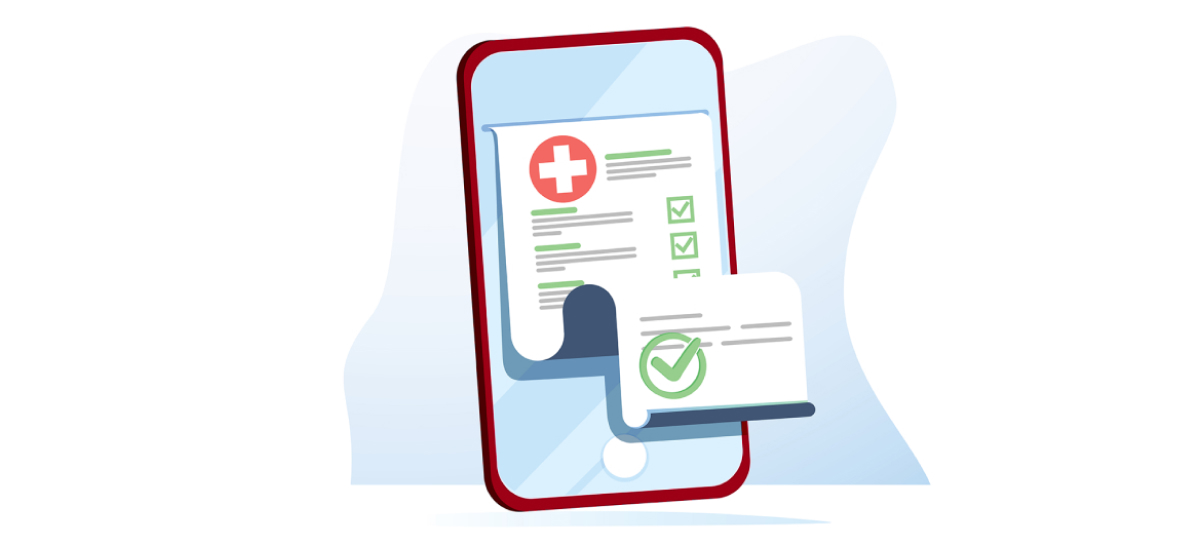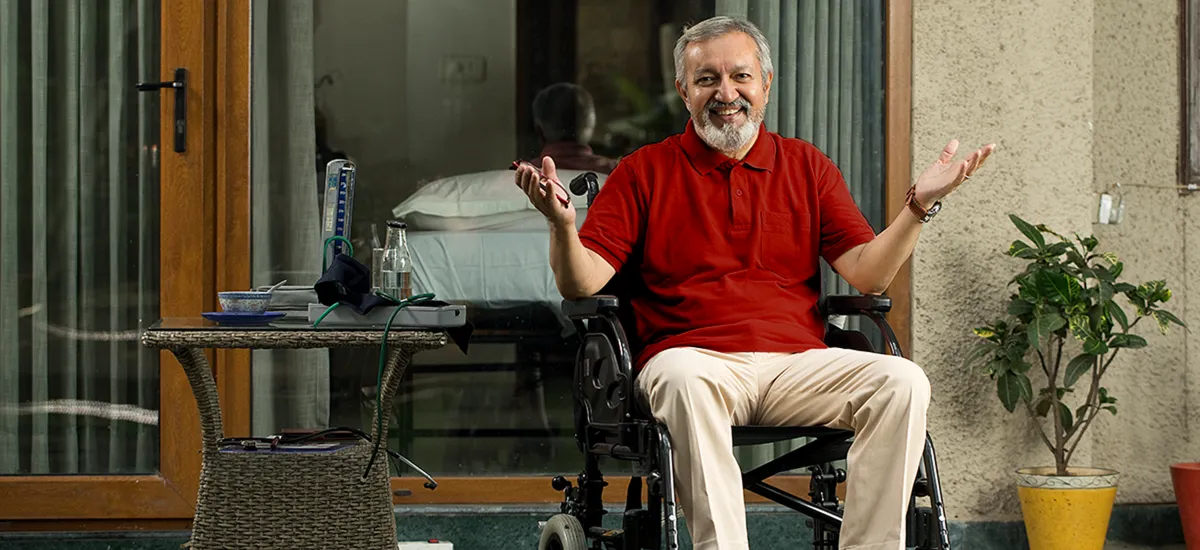When faced with a cancer diagnosis, one of the most pressing questions for patients and their loved ones is: How long will chemotherapy last? The duration of chemotherapy varies depending on several key factors, including the type and stage of cancer, treatment goals, and how well the patient responds to therapy.
Chemo cycles can last from a few weeks to several months, or even years in some cases. Having a clear understanding of what to expect helps patients prepare mentally, physically, and financially. Let's break down the typical chemotherapy timelines, the factors that influence treatment duration, and how health insurance plans support patients throughout their chemotherapy journey.
Factors that determine chemotherapy duration
Chemotherapy isn’t one-size-fits-all—its duration varies from person to person. Several key factors that influence the duration of chemotherapy are:
1. Type and stage of cancer
The kind of cancer and its stage at diagnosis are primary determinants of how long chemotherapy will continue. Advanced or aggressive cancers generally require more extended and intensive treatment.
2. Treatment goals
Chemotherapy may be:
· Curative (aimed at eradicating the cancer)
· Palliative (focused on symptom relief and improving quality of life)
Curative treatments are typically longer and more rigorous than palliative approaches.
3. Overall health and age
A patient’s general health, age, and presence of other medical conditions can influence the ability to tolerate chemotherapy. Adjustments to treatment may be needed, affecting the overall duration.
4. Response to treatment
Doctors monitor how well the body is responding to chemotherapy. If cancer responds quickly, treatment may be shortened. If the response is slow or incomplete, cycles may be extended or adjusted.
5. Type of chemotherapy drugs used
Different chemotherapy drugs have varying mechanisms of action and dosing schedules. Some drugs require weekly administration, while others are given in cycles every few weeks. The combination of drugs and their toxicity levels can significantly impact the overall length of treatment.
6. Mode of administration
Chemotherapy can be administered in several ways: intravenously (IV), orally, or through injections. IV chemotherapy may involve longer sessions at the hospital and structured cycles, while oral chemo is often taken over a longer period at home.
Typical chemotherapy timelines
Understand how much time chemotherapy takes. Treatment schedules vary by individual, but here are general estimates based on common cancer types:
Cancer type
|
Approximate duration
|
Breast cancer
|
3–6 months (early stage); 6–12 months (advanced cases)
|
Lung Cancer
|
3–6 months for non-small cell; 6–12 months for small cell
|
Colorectal cancer
|
Typically 6–8 months with 4–8 cycles
|
Lymphoma
|
3–6 months; some cases may require maintenance therapy for up to 2 years
|
These are estimates; actual durations can differ based on how a patient responds to treatment and changes in the treatment plan.
The role of health insurance in chemotherapy
Chemotherapy can be costly, which is why having the right health insurance plan helps reduce financial stress and ensures uninterrupted treatment. Here's what you need to know:
1. Coverage for chemotherapy
Because chemotherapy involves multiple sessions, costly drugs, and hospital visits, most comprehensive health insurance plans cover a major portion of expenses, including:
· Medications
· Infusions and injections
· Hospitalisation or daycare procedures
· Doctor consultations and diagnostic tests
Review your policy carefully to understand coverage limits and exclusions, so you can plan better.
2. Network hospitals and providers
Choosing a hospital and oncologist within your insurer’s network enables cashless treatment, thereby reducing out-of-pocket expenses and administrative delays.
3. Pre-authorisation requirements
Some chemotherapy drugs and treatments require prior approval from the insurer, which, if delayed, can postpone your sessions. Coordination between your healthcare team and insurer helps avoid such disruptions.
4. Coverage limits and caps
If your plan has annual or lifetime caps, it could limit your ability to complete full treatment cycles. In such cases, opting for a top-up policy or a critical illness rider can ensure continued coverage.
5. Post-treatment follow-up coverage
Since cancer care often includes long-term follow-ups, scans, and maintenance medications, check if your plan also covers post-treatment expenses. This can significantly ease the financial burden during recovery and remission.
Your doctor and insurance advisor can help you understand all your options and guide you in maximising your coverage benefits during treatment.
Coping with long-term chemotherapy
Extended chemotherapy can affect your physical, emotional, and mental well-being. Here are tips to manage the journey:
· Lean on your support system
Friends and family can offer both emotional strength and practical help. Don't hesitate to ask for assistance, whether it's for attending appointments, managing chores, or simply offering a listening ear.
· Practise self-care
Prioritise rest, nutritious meals, gentle exercise, and relaxation techniques like yoga or meditation. Consistent self-care not only improves physical resilience but also helps maintain emotional balance during treatment.
· Stay informed
Understand your diagnosis and treatment to feel more empowered, as knowledge reduces fear. Clarifying doubts with your doctor can make decisions easier and reduce anxiety.
· Keep communicating
Talk openly with your medical team about side effects, symptoms, or mental health concerns. Early communication ensures timely interventions and better management of both physical and emotional health.
· Join a support group
Connecting with others going through similar experiences can provide comfort and reduce isolation. Sharing your journey with peers can offer perspective, encouragement, and valuable coping strategies.
Face chemotherapy with confidence
The duration of chemotherapy varies based on individual health, cancer type, and treatment response. Whether your treatment spans a few months or extends longer, understanding both the medical process and your insurance coverage can make the journey more manageable. Being informed about what to expect and how your health insurance can ease the financial burden empowers you to focus on what matters most: recovery and well-being. With the right support system, proactive care, and guidance from your healthcare team, you can approach each step with greater confidence and peace of mind.
To learn how health insurance plans can support you during cancer treatment, visit Generali Central Insurance to know more. Our experts are committed to helping you find a plan that meets your medical needs and offers comprehensive, compassionate coverage.
FAQs
1. How long does a typical chemotherapy session last?
Sessions can range from 30 minutes to several hours, depending on the drug and method of delivery.
2. Can I continue working during chemotherapy?
Some patients manage to work, while others may need time off. It depends on the treatment intensity and side effects.
3. How much time chemotherapy takes? Will I need chemotherapy for life?
Not usually. Chemotherapy is typically given in cycles for a defined period. Long-term chemo is only prescribed for certain chronic or recurring cancers.
4. How can I manage side effects from long-term chemo?
Discuss side effects with your oncologist. They may suggest medications, nutritional support, or lifestyle changes to reduce discomfort.
5. Are there long-term side effects of chemotherapy?
Yes, such as fatigue, nerve damage, or memory issues. These vary by individual and type of chemo. Regular monitoring helps manage them effectively.






























